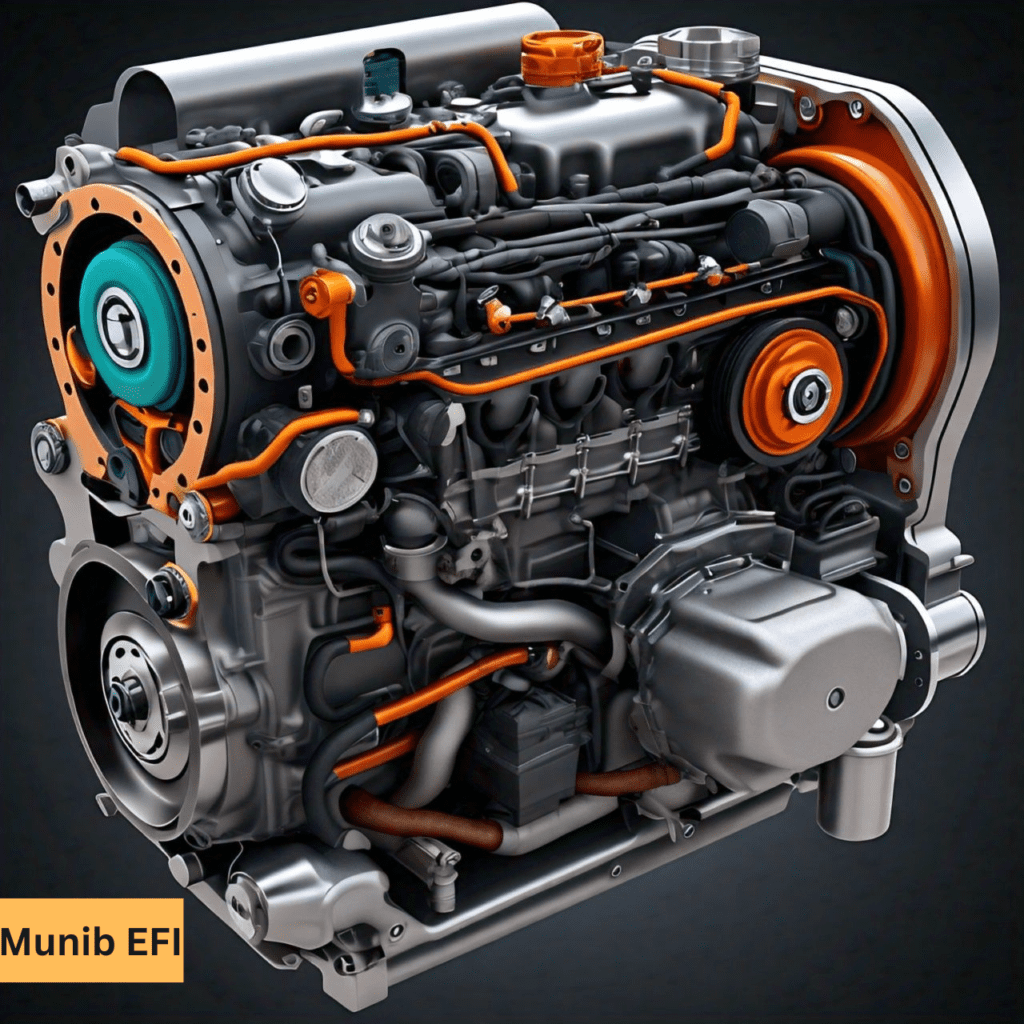The automotive carburetor market plays a crucial role in the functioning of engines, particularly for motorcycles, Powersports, and older automotive models. While fuel injection systems have taken precedence in modern vehicles, carburetors still maintain their importance in certain sectors, providing a reliable solution for specific engine requirements.
In 2023, the global automotive carburetor market was valued at USD 2.15 billion, with projections suggesting steady growth. The increasing demand for motorcycles and affordable gasoline engines in regions like Asia-Pacific keeps the market alive, despite technological advancements.
Market Outlook (2024-2031)
The carburettor market is poised for modest growth with a projected CAGR of 1.2% from 2024 to 2031. As developing economies, particularly in India and China, see a rise in disposable incomes, more individuals purchase motorcycles and small-engine vehicles, sustaining demand for carburettors.

Moreover, carburetors dominate certain aftermarket segments where enthusiasts prefer them for their simplicity, affordability, and ease of repair, particularly in classic cars and high-performance motorcycles.
Key Industry Trends
- The Shift Toward Fuel Injection Systems Modern vehicles are increasingly equipped with electronic fuel injection (EFI) systems for better fuel efficiency and emissions control. However, carburetors retain an edge in niche markets offering simpler mechanics and lower costs.
- Aftermarket Demand The aftermarket for carburetors, especially for vintage car enthusiasts and motorcycle riders, remains strong. Carburetors are easy to modify and replace, allowing hobbyists to maintain or improve vehicle performance without the complexity of modern fuel systems.
- Growth in Emerging Markets Countries like India, China, and Indonesia are driving growth due to their significant two-wheeler and small-engine vehicle markets. Carburetors are commonly used in these regions due to their affordability and lower cost of production.
Market Segmentation
The carburetor market can be segmented based on:
- Type:
- Float-feed carburetors dominate the market due to their prevalence in motorcycles and small gasoline engines.
- Diaphragm carburetors are commonly used in chainsaws and other small power equipment.
- Application:
- Motorcycles & Powersports: This segment leads the market, driven by the popularity of motorcycles in developing nations.
- Universal Gasoline Engines: Used in lawnmowers, small generators, and agricultural equipment, this segment is expected to see steady demand.
Market Share & Size
The global automotive carburetor market is highly segmented, with Asia-Pacific leading in terms of market share. Countries like Japan, South Korea, and India are home to major manufacturers and experience strong demand for motorcycles and small vehicles. Europe and North America remain smaller markets due to the shift toward more fuel-efficient technologies.
In 2022, the market size reached USD 1,129.1 million, and by 2031, it is projected to hit USD 1,257.09 million Business Research Insights
The slower growth rate reflects the increased adoption of alternative fuel systems but still highlights the importance of carburetors in specific industries.
Forecast and Future Trends
The automotive carburetor market will experience steady demand in niche markets. Motorcycle manufacturers will continue to adopt carburetors for budget-friendly models in developing nations. The rise in the aftermarket parts sector will also contribute to the market’s resilience, as enthusiasts continue to favour carburetors for their simplicity and ease of use.
Moreover, manufacturers are exploring advanced carburetor designs that improve fuel efficiency and emissions control, keeping the technology relevant in the face of environmental regulations.
Key Players
Several global players dominate the carburetor market:
- Keihin Group
- Mikuni
- Walbro
- Zama
- Dellorto These companies focus on R&D and strategic acquisitions to strengthen their market presence and continue providing solutions to the automotive and small engine industries Business Research Insights
Conclusion
While fuel injection systems have become the standard for most modern vehicles, carburetors remain indispensable in certain sectors, especially in motorcycles, powersports, and vintage vehicles. As demand grows in emerging markets, the global automotive carburetor market is expected to maintain steady growth through 2031. Asia-Pacific will remain a dominant player, driven by the expanding automotive sector in countries like India and China.
To stay competitive, key market players will need to focus on innovation, cost-effective solutions, and sustainability to meet evolving market demands. The automotive carburetor market, though niche, continues to hold significant value for consumers and manufacturers alike.


